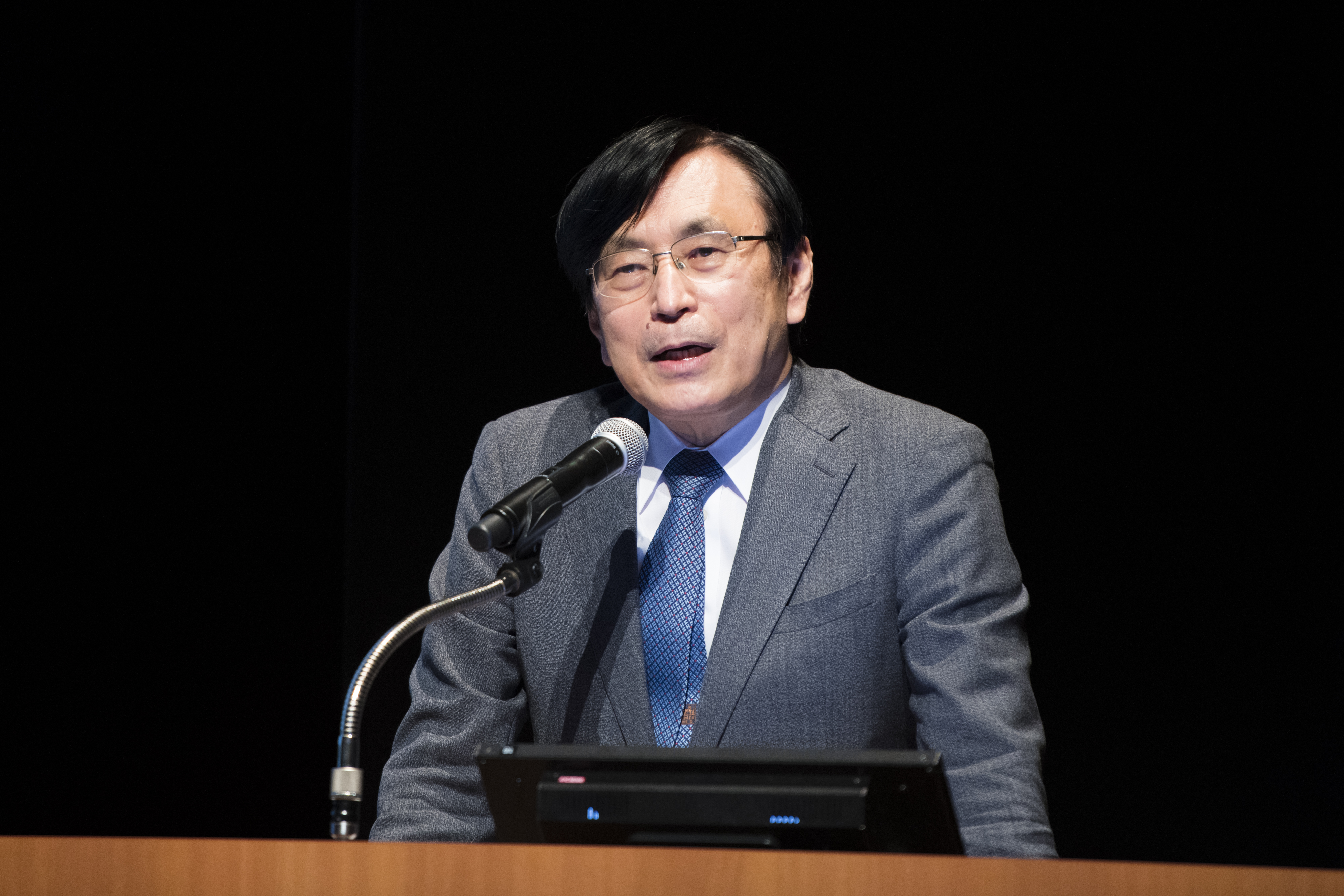
- Opinion
- Tax & Social Security Reform
Outlook 2021: Toward a People-Centered Digital Society
January 19, 2021
As Japan girds up for digital transformation, the Foundation’s leading tax and social security expert warns against “dataism” and calls for enlightened, people-centered public policies.
* * *
Multinational tech giants like Google, Apple, Facebook, and Amazon (collectively known as GAFA) are rapidly transforming our economy, society, and way of life. The time has come for public policymakers to begin seriously grappling with the implications of a digital society controlled by a handful of powerful corporations.
GAFA and other tech giants have developed business models that rely heavily on the personal data they collect from the users of their digital platforms. Aided by algorithms and artificial intelligence, they analyze, exploit, and commodify that data for advertising purposes while expanding their own platforms. Such innovations as blockchain and the Internet of Things promise ever-swelling profit margins for big tech.
The role played by big tech in our society is growing day by day. Companies that began as online marketplaces for the exchange of labor, goods, information, and capital are now expanding into such realms of public policy as education, healthcare, and climate change. If their plans to issue their own digital currencies come to fruition, they could become genuinely supranational entities.
As big tech has grown, meanwhile, so have concerns about anticompetitive practices and privacy issues. These companies have gained market dominance in part by buying up competitors before they could pose a serious threat, and they have solidified their position by using their market clout to shut out competition. At the same time, improper use and inadequate protection of users’ personal information have raised serious privacy concerns worldwide.
The spread of Internet technology and digital platforms has also led to the rapid growth of the gig economy and a sharp increase in the number of freelancers who enjoy neither job security nor the safety-net benefits to which regular payroll employees are entitled. At the same time, AI is replacing more and more white-collar jobs, eroding a sector of our society that has traditionally helped to moderate and ground public opinion. With the economic benefits of digitalization flowing disproportionately to a small number of executives and investors, resentment and alarm over economic inequality is rising, creating momentum for such populist policies as a no-strings-attached universal basic income.
Can the multinational tech giants replace national governments as the entities responsible for securing peace and prosperity, maintaining the stability of society, and guaranteeing the freedom and security of its members? At this point, no one can answer that question. But I believe that one of our most urgent priorities for 2021 is to begin seriously considering and debating the implications—positive and negative—of a digital society increasingly controlled by big tech.
Social-media platforms like Facebook and Twitter have contributed greatly to the fragmentation and polarization of public opinion in recent years. Instead of uniting to defeat COVID-19, people around the globe are more divided than ever as they choose sides in the battle between “freedom” and “regulation.” Such ideological polarization is straining the very fabric of society. What can we do to ensure that digital transformation does not divide us even further?
Even while promoting the development of a digital society, we must reject the ideology of “dataism,” which reduces human beings to quantifiable flows of information. We must reaffirm the primacy of human values—not algorithms—as the controlling force in our individual and collective lives.
What does this mean in terms of public policy? Among our priorities should be tax and social security reform geared to the redistribution of income and assets; the construction of a social safety net adapted to the needs of our digital age; and bold, forward-looking measures to reform and enhance education at every level.
The times in which we live call for a far-reaching and concerted effort, combining contributions from every scholarly field, to build a people-centered society. In the coming year, my own activities—including research, analysis, and commentary—will be dedicated to helping the Tokyo Foundation for Policy Research play whatever part it can in this vital undertaking.






















